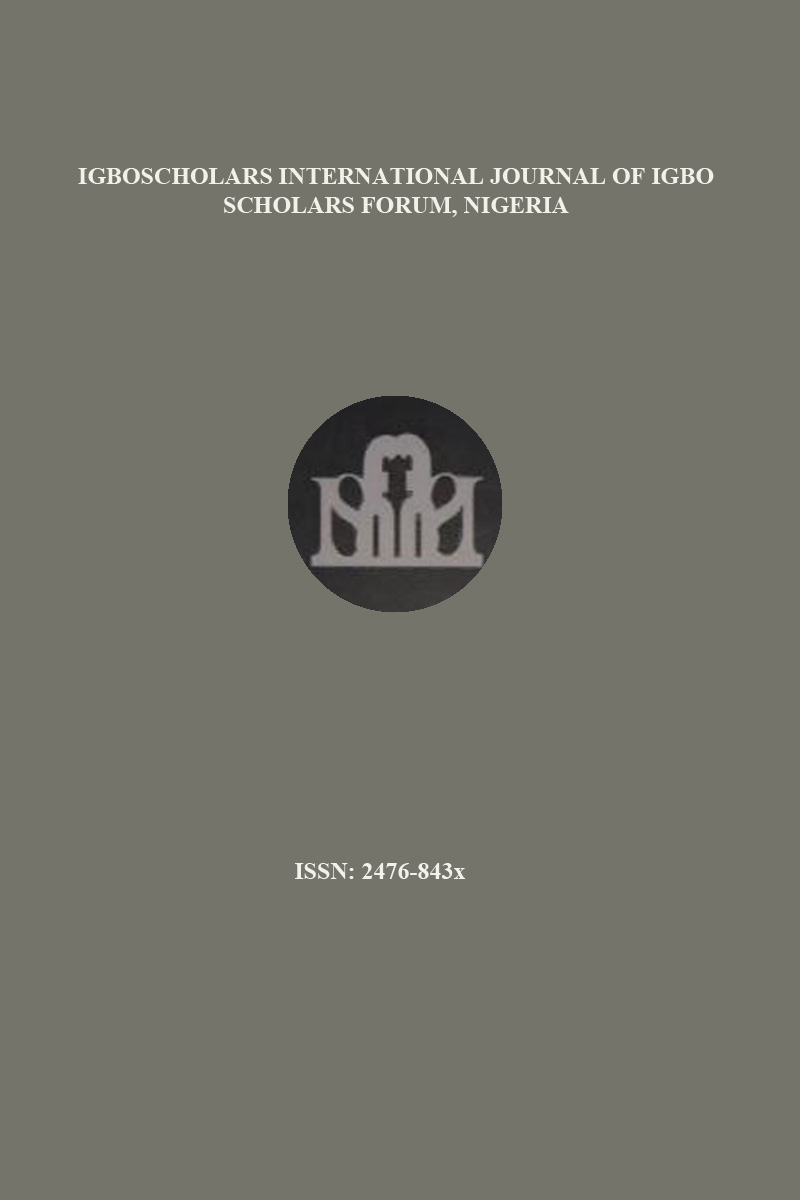PROMOTING INCLUSIVE AND QUALITY EDUCATION FOR ALL IN AFRICAN EDUCATION INSTITUTIONS: CRITICAL INSIGHTS FROM ZIMBABWE
摘要
Promoting inclusive and quality education for all is crucial for achieving sustainable development. This study examined the implementation and challenges of inclusive education policies and practices for learners with disabilities within Zimbabwe's education system. Grounded in the Social Model of Disability theory, the research explored various influences on the educational experiences of learners with disabilities. Zimbabwe has made significant strides in integrating learners with disabilities into mainstream education through policies such as the Education Amendment Act (2020) and strategic initiatives. These initiatives include establishing special needs education units in mainstream schools, specialised teacher training programs, and community awareness campaigns, resulting in increased enrolment and improved outcomes for learners with disabilities. However, several challenges persist, including inadequate infrastructure, a shortage of specialised teaching materials and resources, limited teacher training, societal stigmas against disabilities, funding constraints, and a lack of comprehensive data on learners with disabilities. Employing a thorough desk review, the study employed a systematic review of literature to gather secondary data from published academic papers, reports, online articles and related sources. The paper concluded with actionable recommendations for policymakers, educators, and community stakeholders to enhance the quality, accessibility, and sustainability of inclusive education practices.


